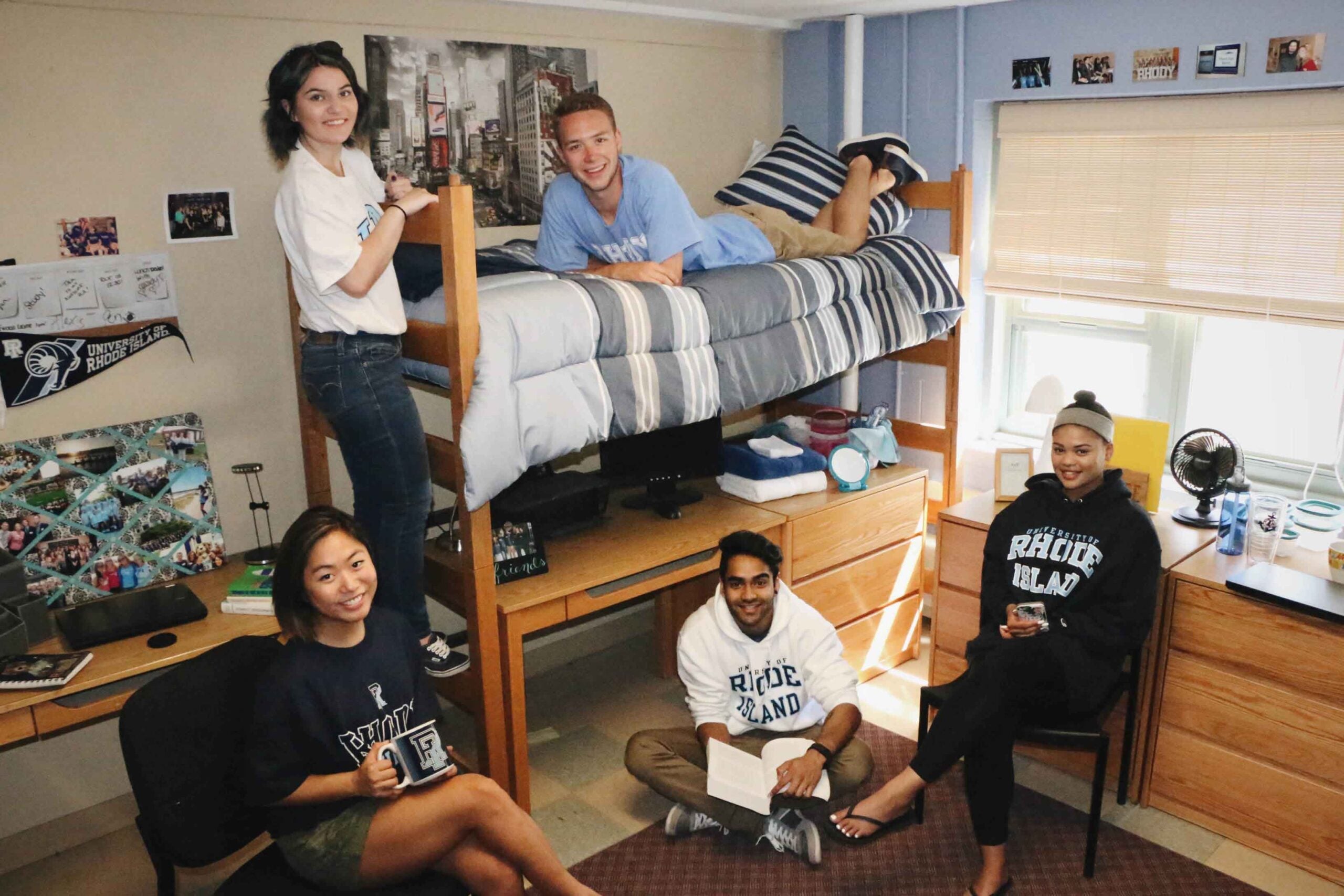Strategic Plan
University College for Academic Success (UCAS) plays a significant role in creating and sustaining a clear, coherent, and inspiring academic environment for all undergraduate students, supporting their journey from orientation to major declaration to commencement and on to employment. We support students, faculty and staff through programs and services that enhance intellectual engagement both in and out of the classroom. Our priorities align with the 2023-2033 URI FOCUS Strategic Plan, offering innovative strategies for greater retention, on-time graduation, and successful employment.
Our vision is to foster a dynamic and inclusive learning environment that prepares students for lifelong learning and success in a rapidly changing world.
Our mission is to provide high-quality services that promote academic, personal, and professional growth. We are committed to providing innovative and effective services tailored to meet the diverse needs of our students, while fostering a culture of engagement, collaboration, and excellence in all that we do.




